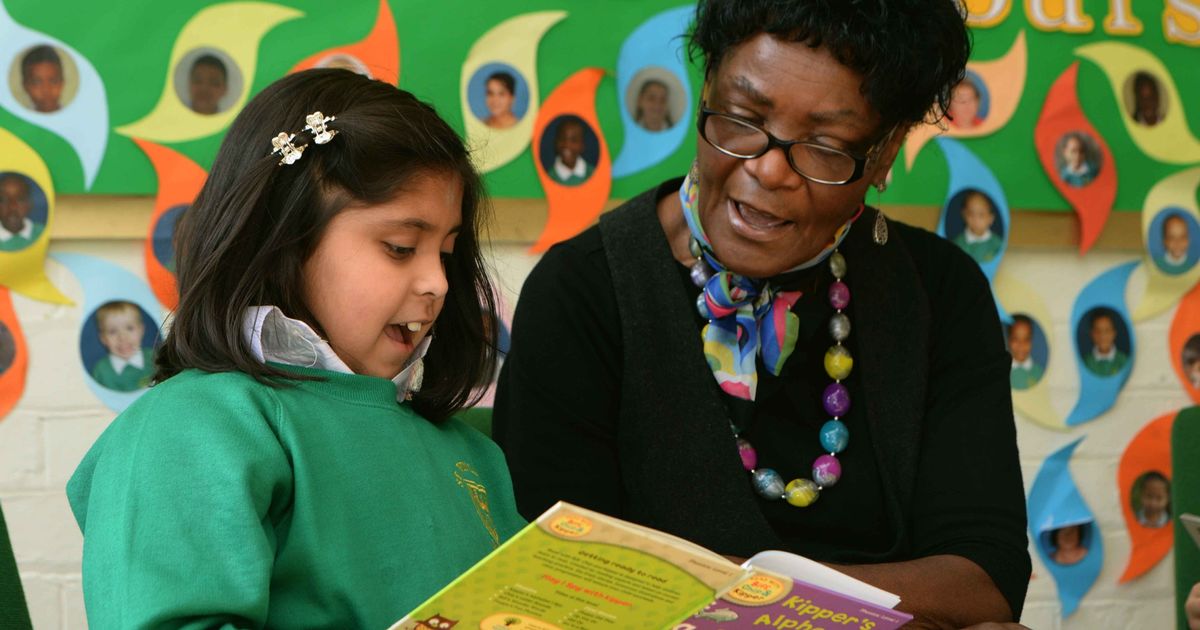Ways To Treat Dyslexia
Dyslexia is one of many learning disorders that can affect children in their developmental years. What dyslexia does is make it difficult for children to identify speech sounds and learn how they are related to letters and words. It is also known as a reading disability, and there are more than three million cases in the United States alone each year. While dyslexia does affect the part of the brain that processes language, it does not have to negatively impact the child's life. Rather, there are many ways to handle dyslexia and to give your child the necessary tools to succeed.
What Parents Can Do

As a parent, you are the first resource your child has to deal with their dyslexia. As such, what parents can do has an important role in helping them succeed. The first step to ensuring your child is treated properly is to address the problem as early as possible. The moment you begin suspecting your child has dyslexia, it is critical for you to take them to their doctor so further testing and treatment can be determined.
However, this is not the only thing parents can do. Every parent can also read aloud to their child when they are young—less than six months old. Then, when the child is old enough, the two can read the stories together. Parents can also encourage their child's reading after they have developed the ability to read. They can even go as far as to set a scheduled reading time for both them as well as their child so they can learn about the importance of reading by example.
Continue reading to learn more ways in which dyslexia can be managed.
Setting Up An Individual Education Plan

There are additional resources to help your child. In many countries—including the United States—the school your child attends has a legal obligation to make sure they have the tools they require to understand the curriculum. Speak to your child's teacher about setting up an individual education plan (IEP) or a structured plan that goes over everything the school, the teacher, and you as a parent will do to help your child succeed. This plan will become more and more important as your child continues through their schooling. It is important for parents to follow up with teachers every year to ensure their IEP is being utilized and their child is getting all of the resources they need.
Keep going to discover more tips for managing dyslexia.
How Teachers Can Help

Teachers have the essential task of helping any child learn how to fight through their dyslexia. This means they will have to develop methods for teaching that use techniques involving touch, sight, and sound. How teachers can help is by combining all of these different elements and instructing the child on how to engage all of their senses when learning, which will help them retain information. The assistance your child's teacher will provide will be instrumental in helping them learn and use phonemes, understand phonics, build fluency, and expand their vocabulary.
In certain cases, it may be necessary for a child with dyslexia to get a tutor to provide them with one-on-one assistance in their studies. This is typically going to be a reading specialist—someone who is also a teacher—and they will walk the child through their lessons in a slower, more personalized fashion.
Get to know more about how to treat symptoms of dyslexia.
What Adults With It Can Do

Dyslexia follows an individual throughout their entire life. This means there are adults who suffer from it, just as there are children who struggle with it. There may even be some adults who did not get the help they needed as children and thus, still do not have the tools to cope with it. What adults with dyslexia can do is to seek help with their reading and writing, regardless of age, as this will create a foundation they will be able to carry with them for the rest of their life. Adults with dyslexia should also ask about what reasonable accommodations they can receive from schools and employers under the Americans with Disabilities Act.
It is essential to understand, however, that dyslexia does not mean an individual cannot succeed. In fact, there are many individuals with dyslexia who are gifted in mathematics, science, and the arts. Some even cope with their dyslexia and create vibrant writing careers.
Get to know more about managing dyslexia effectively now.
Coping And Support

While there are many tools a child with dyslexia will receive throughout their lifetime, it is crucial that one of the most consistent and the most important is help with coping and support. This means taking the time to praise the child for what they are capable of and cheering them on when they have made progress. It is also helpful for children to understand their dyslexia, as it allows them to know it is not a personal failure. It is also beneficial in helping them cope with it later on in life.
Other things can be helpful as well. For instance, giving a child with dyslexia the encouragement to study at home can make a world of a difference. Simply by having an environment they feel safe and comfortable in, a child will be able to learn more effectively. Additionally, by limiting the amount of time the child spends in front of a screen, parents will be able to get them more reading practice overall.